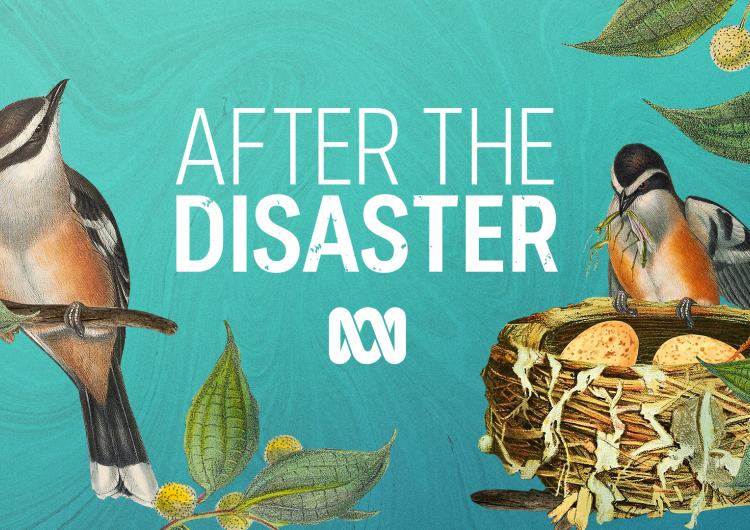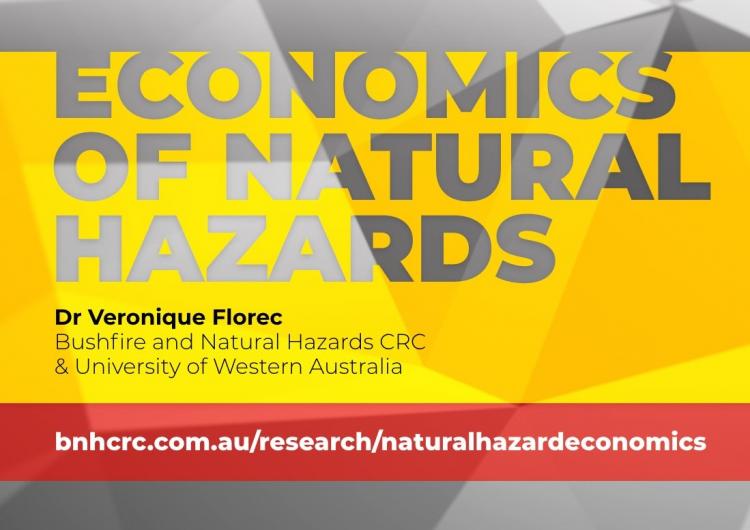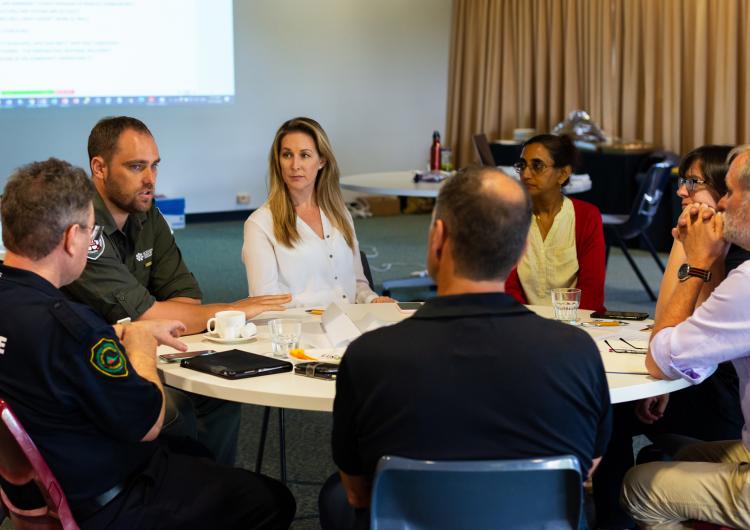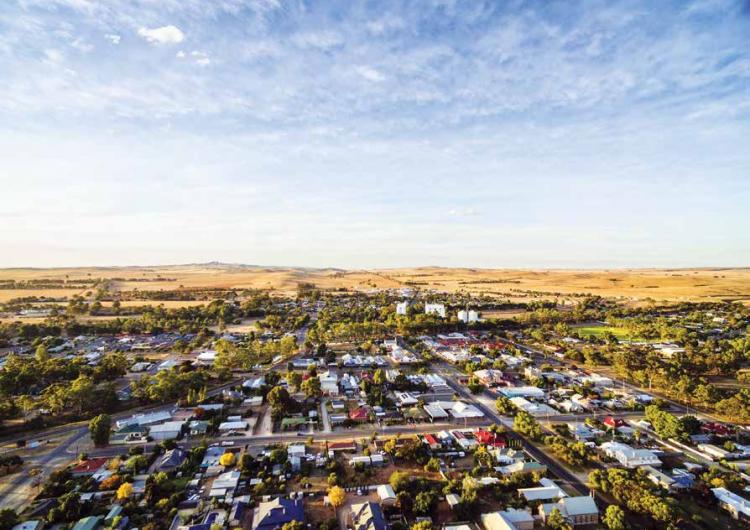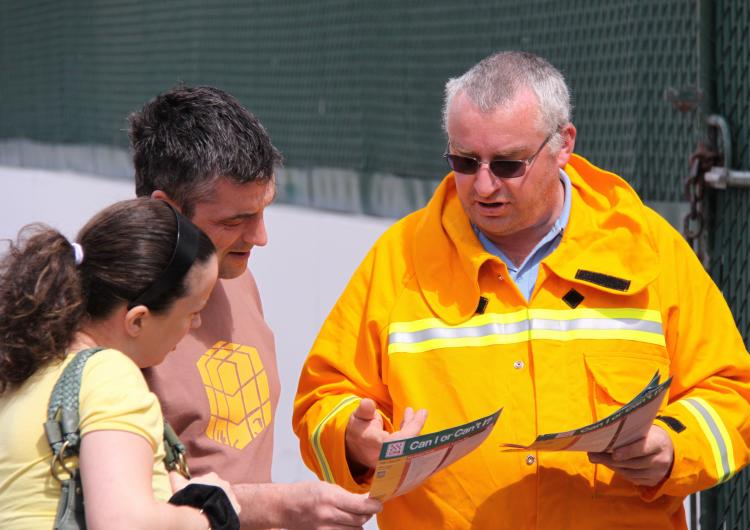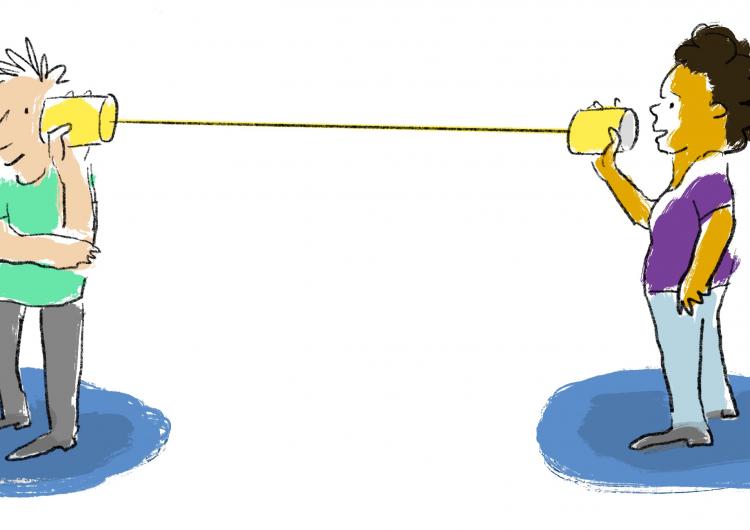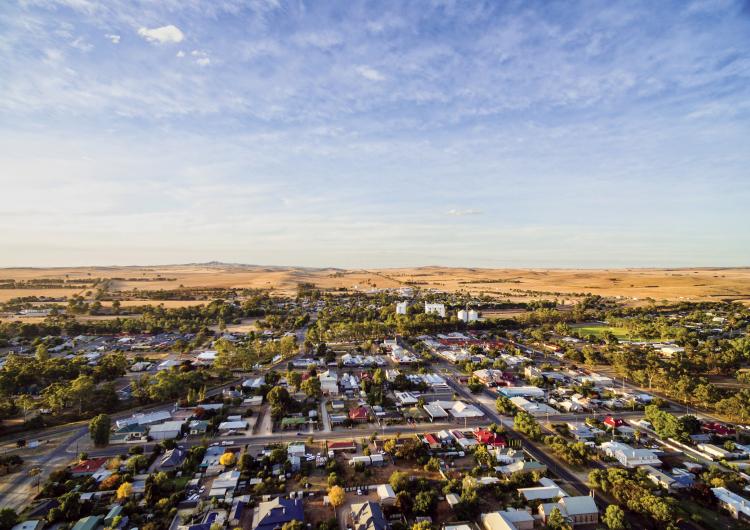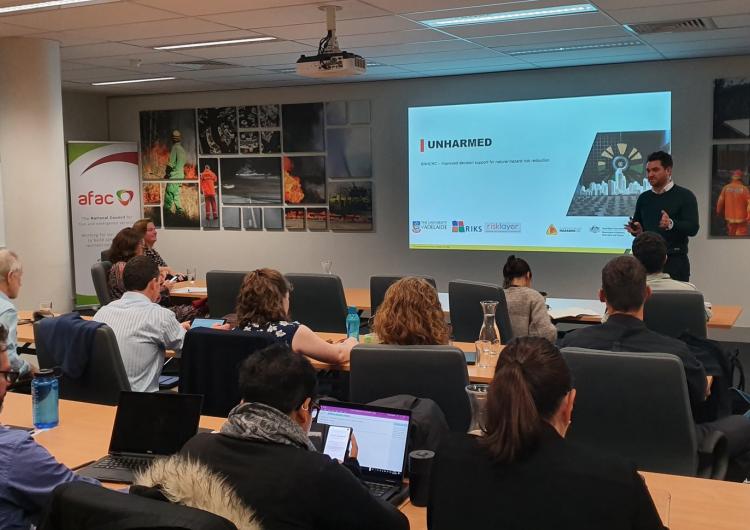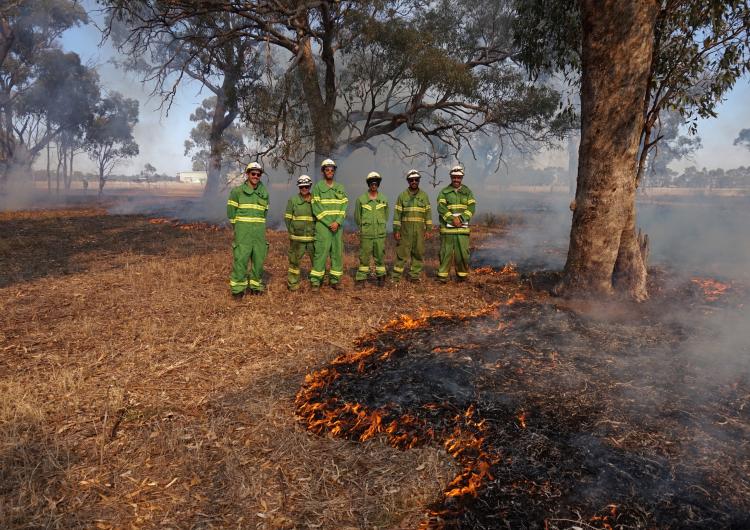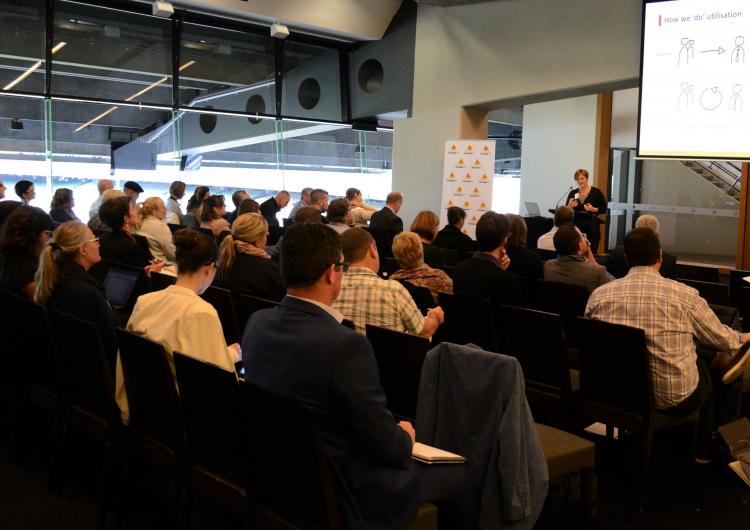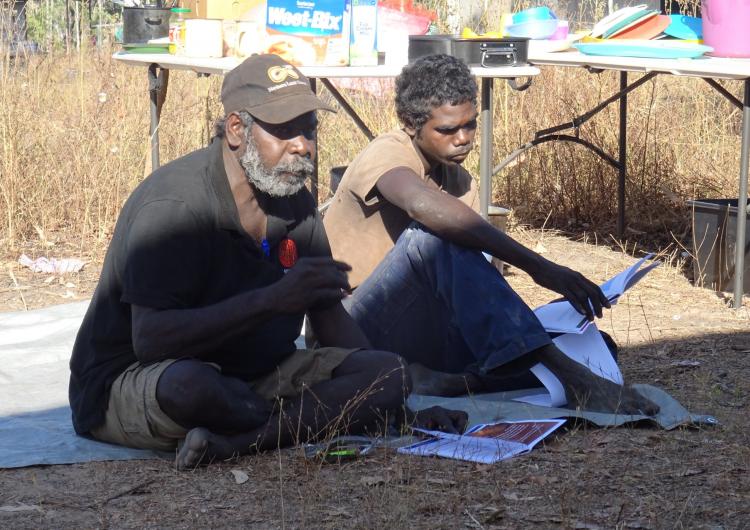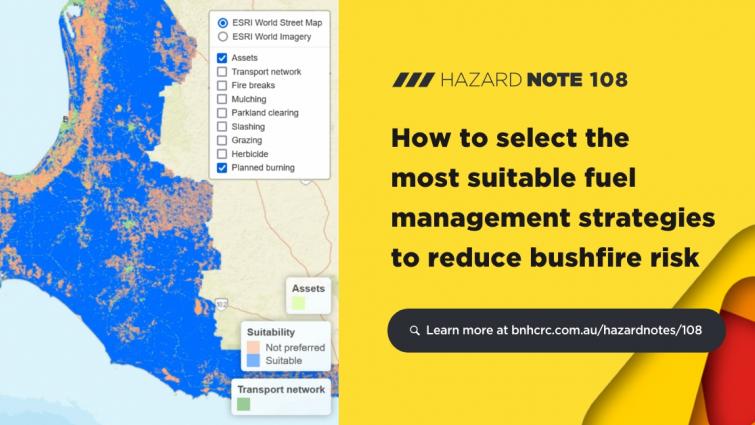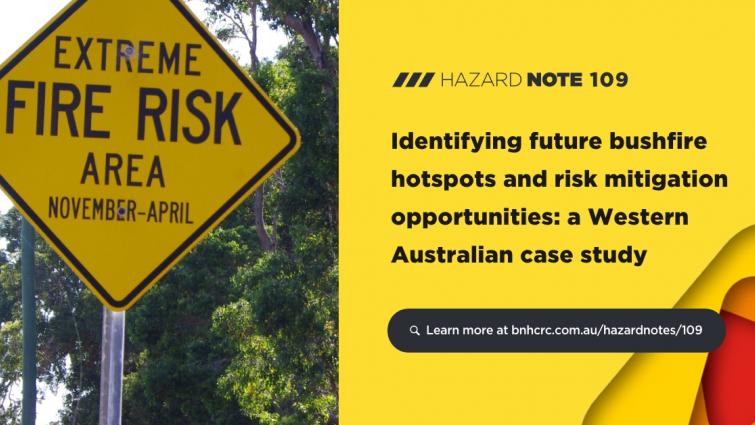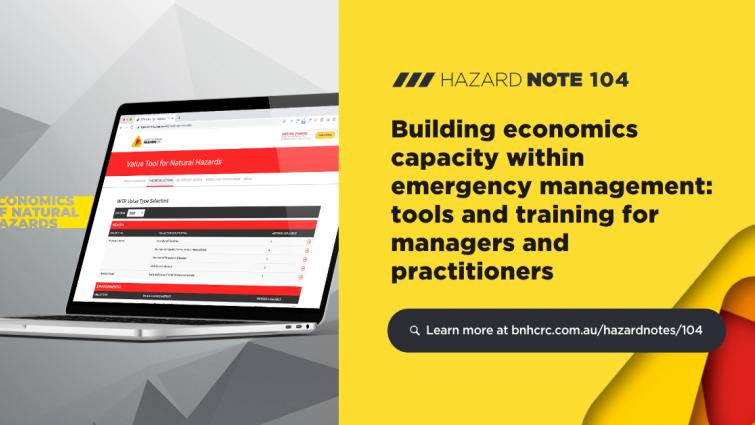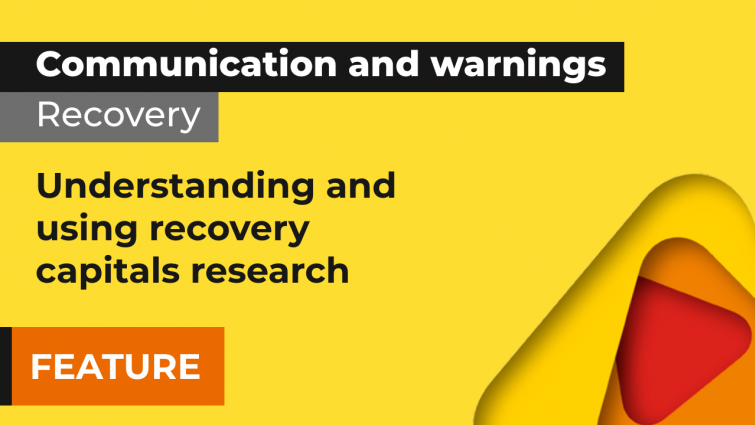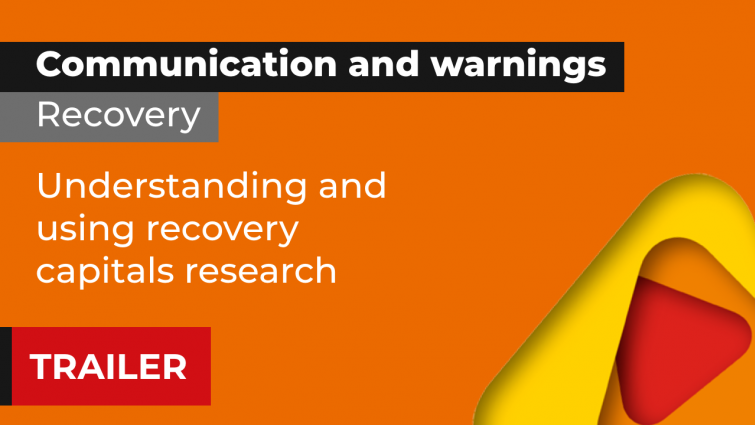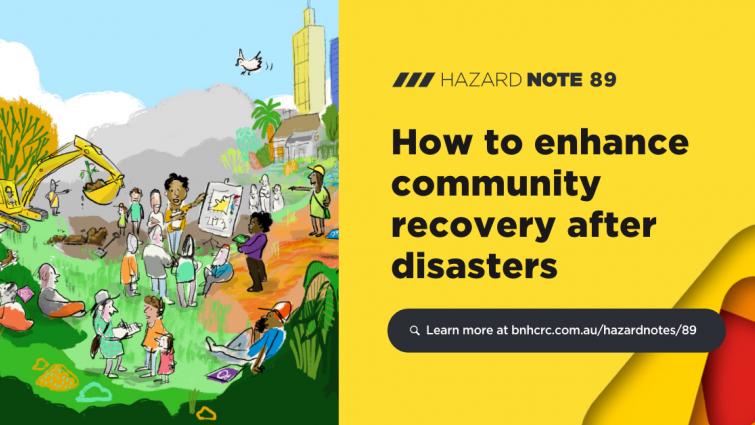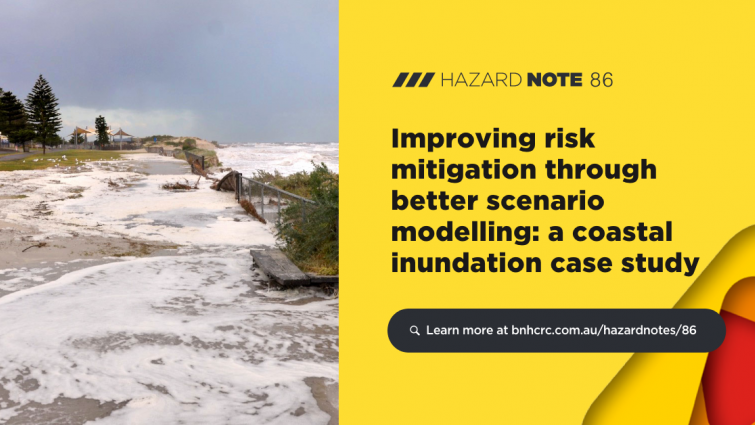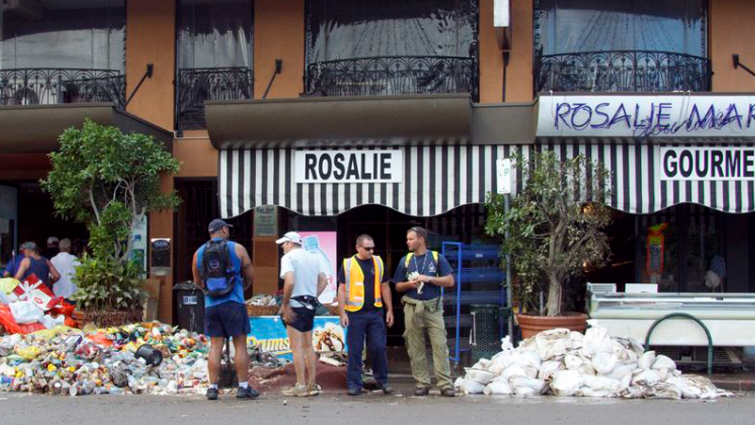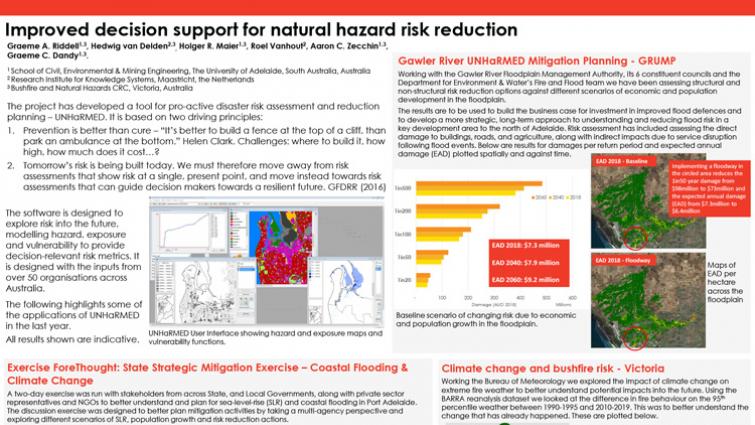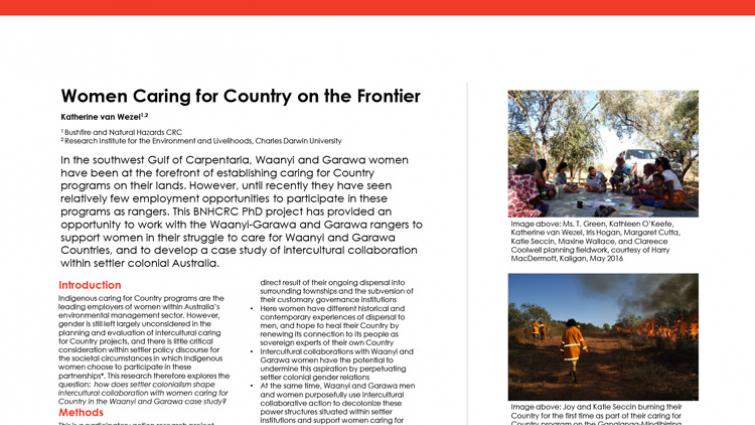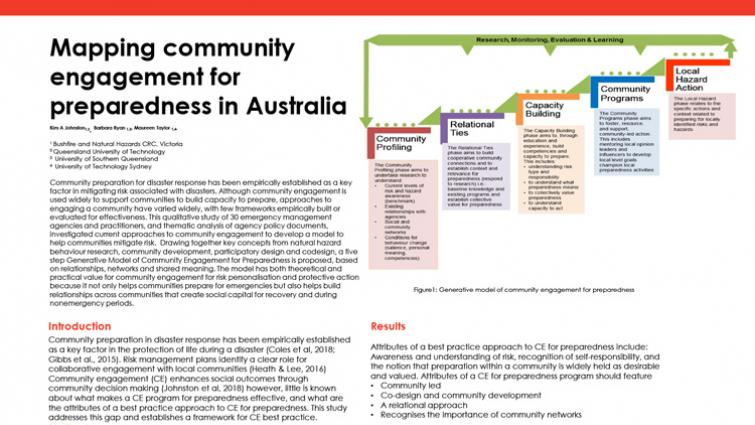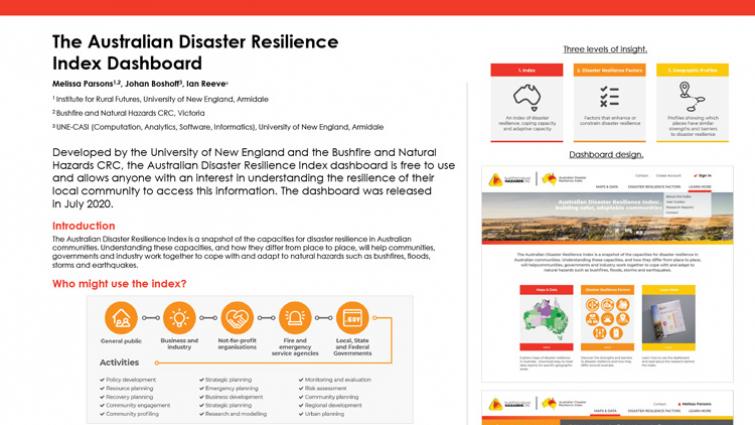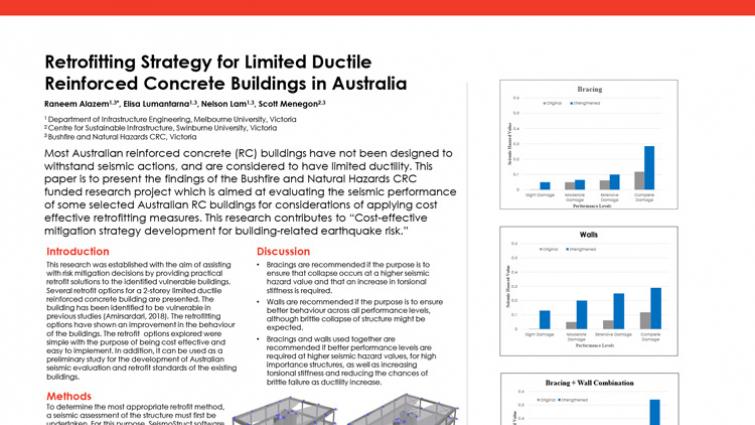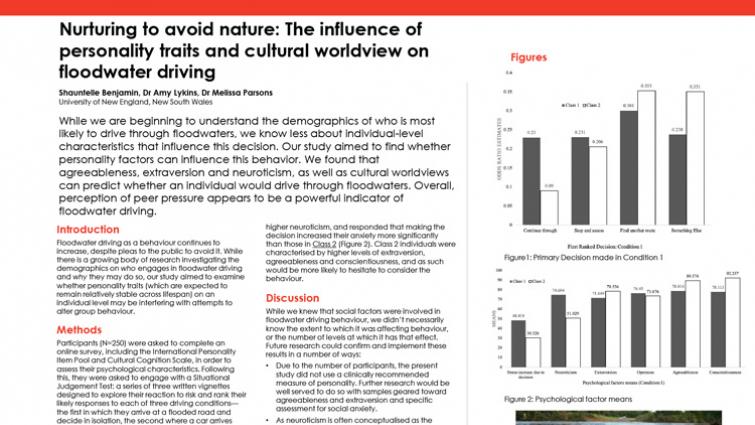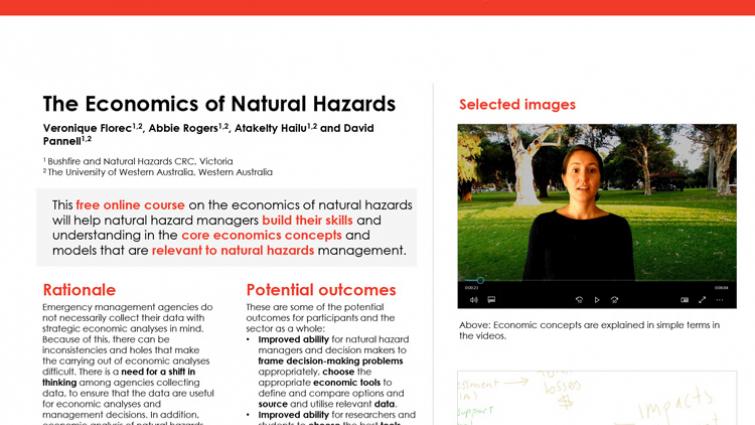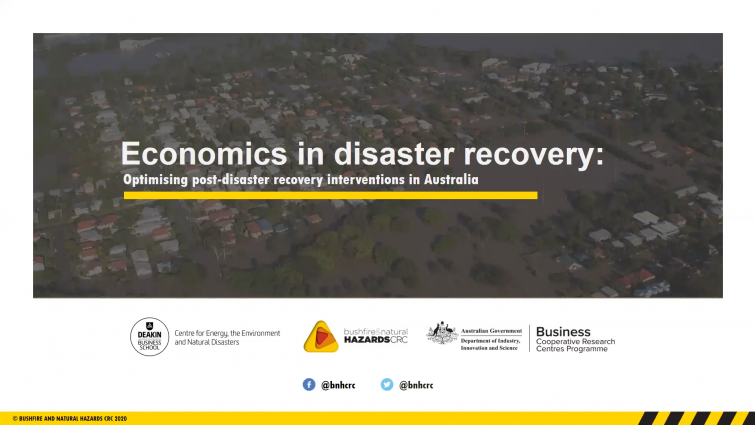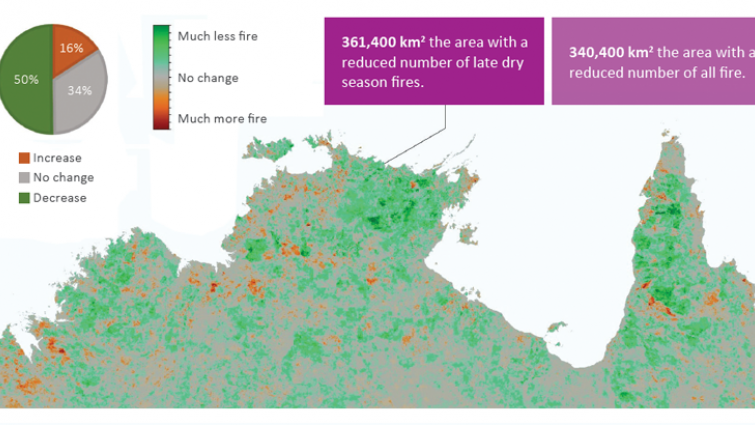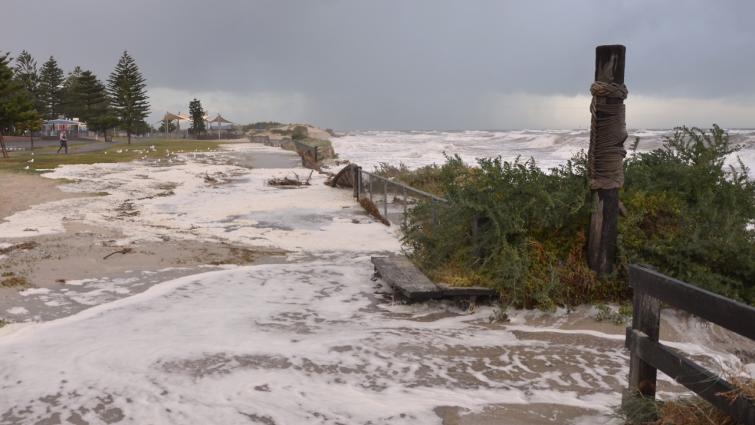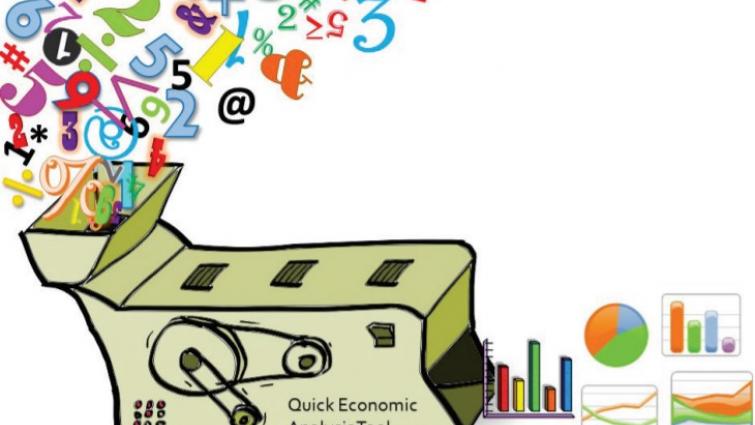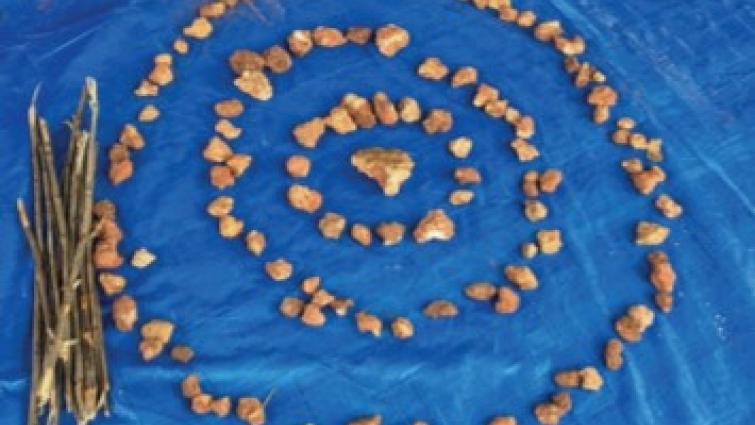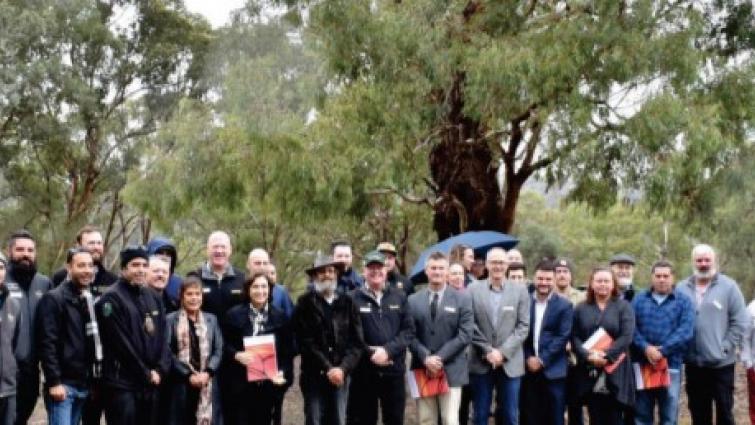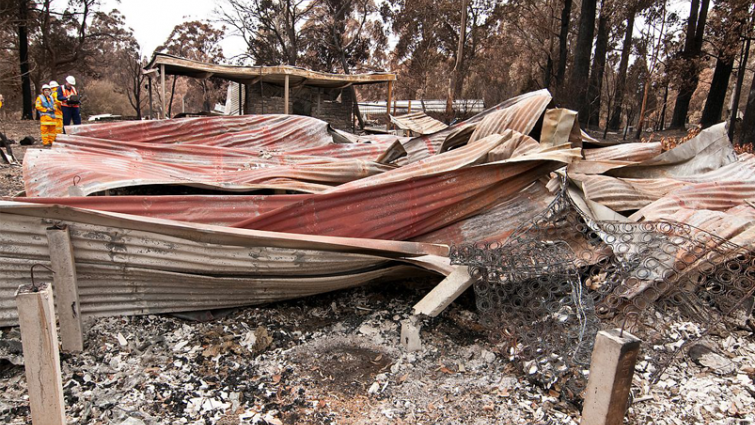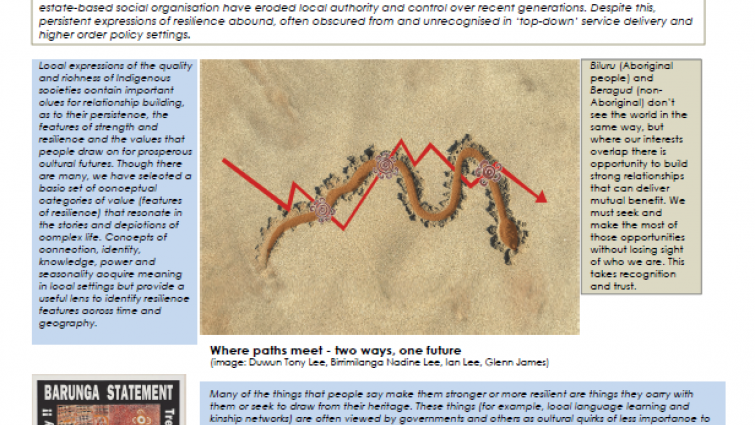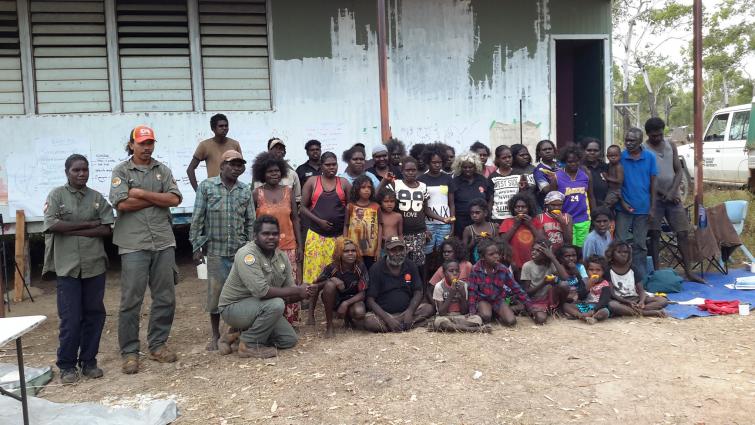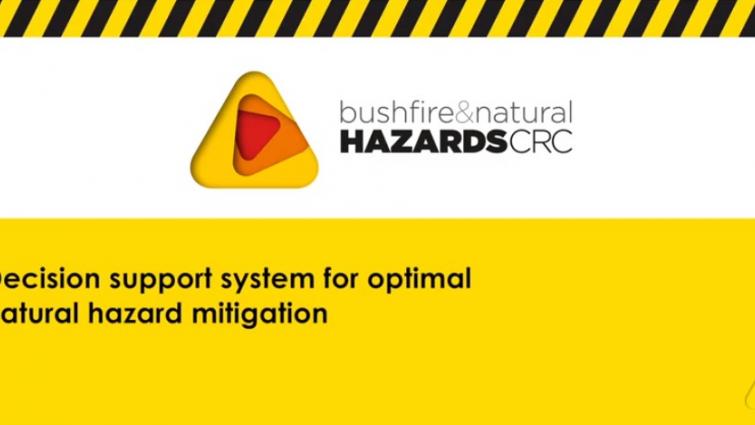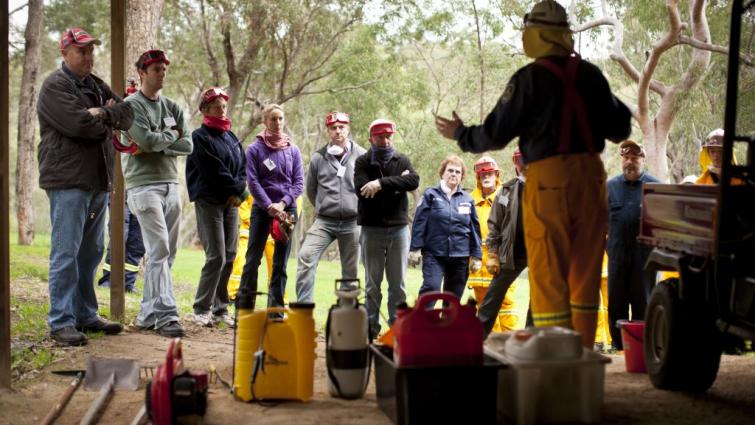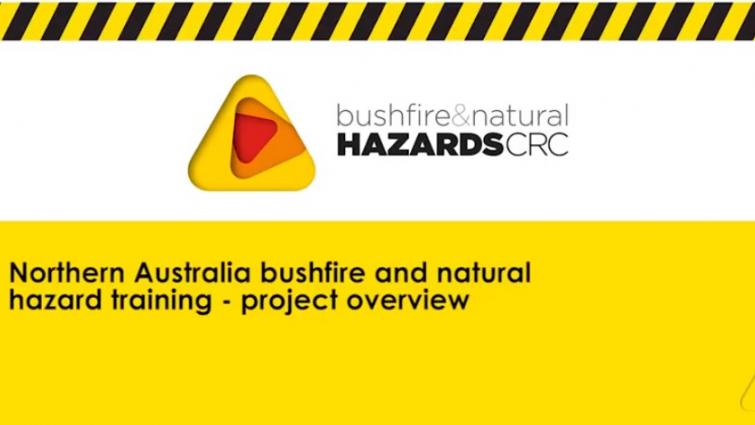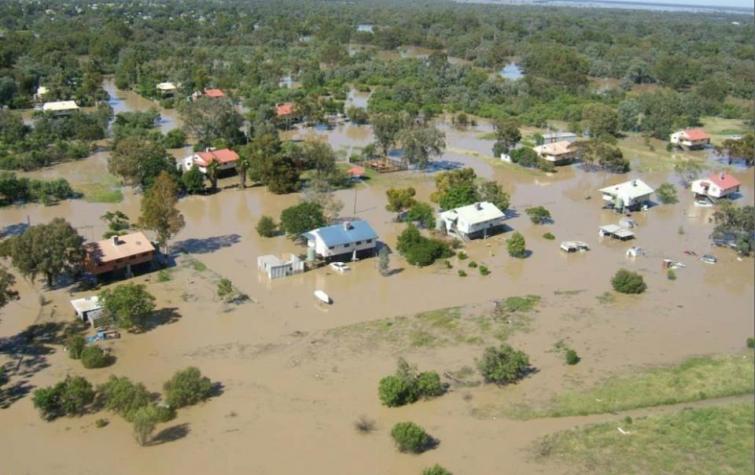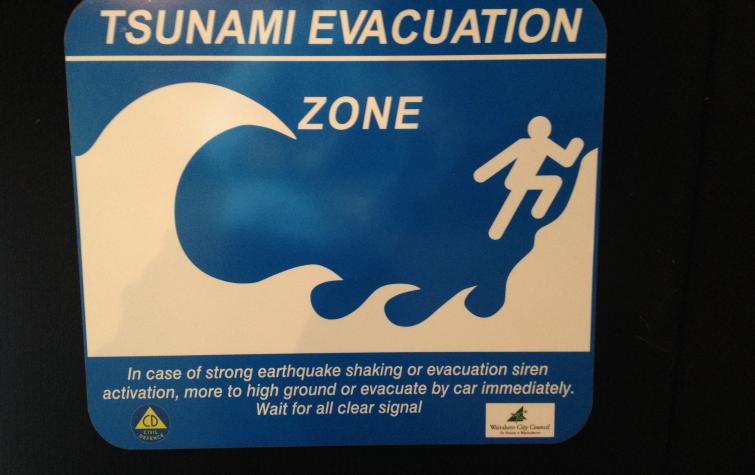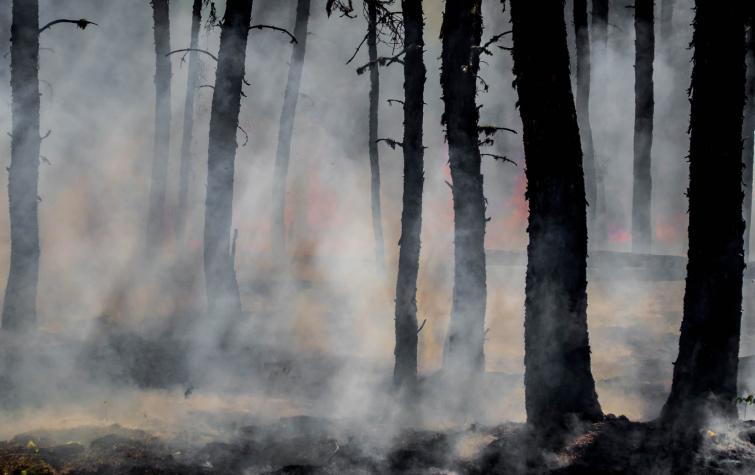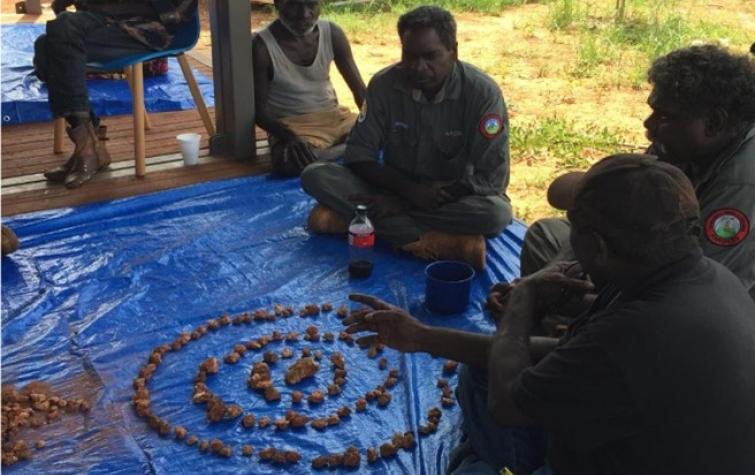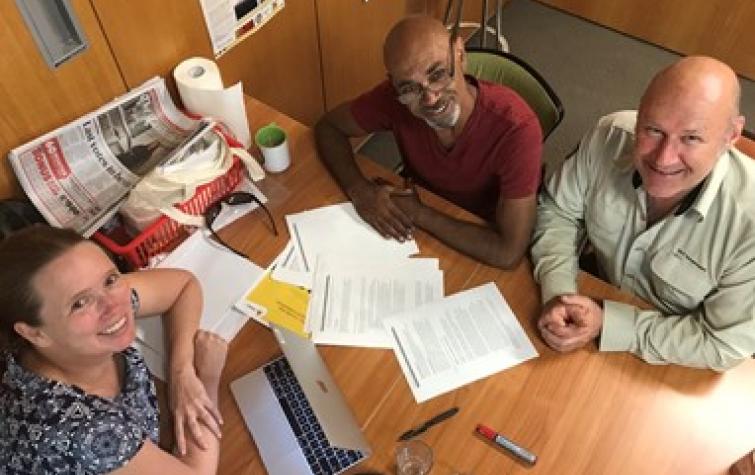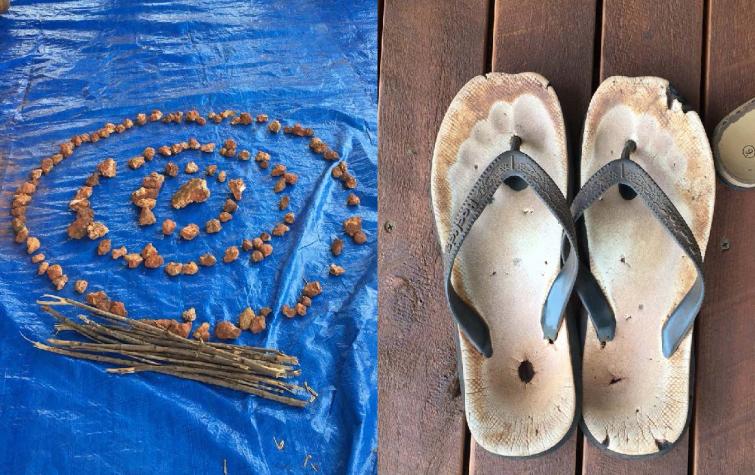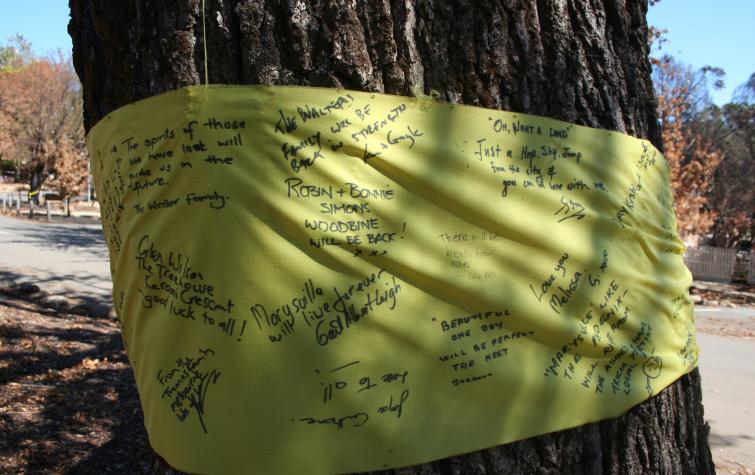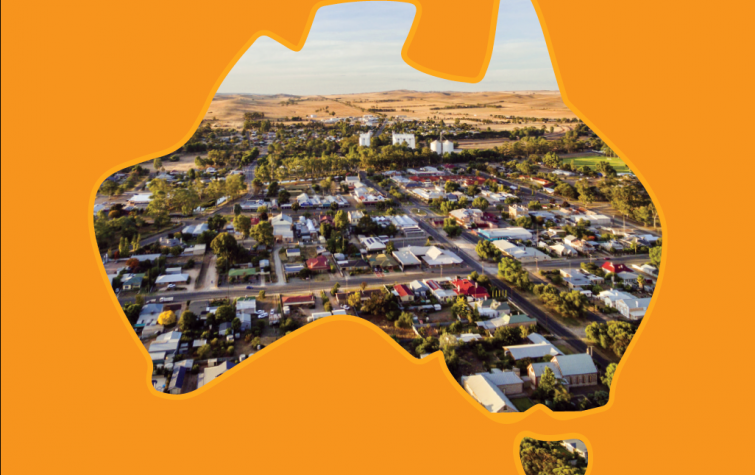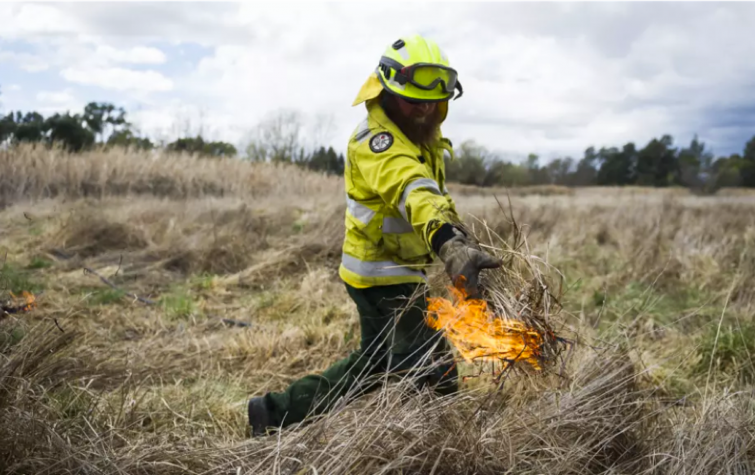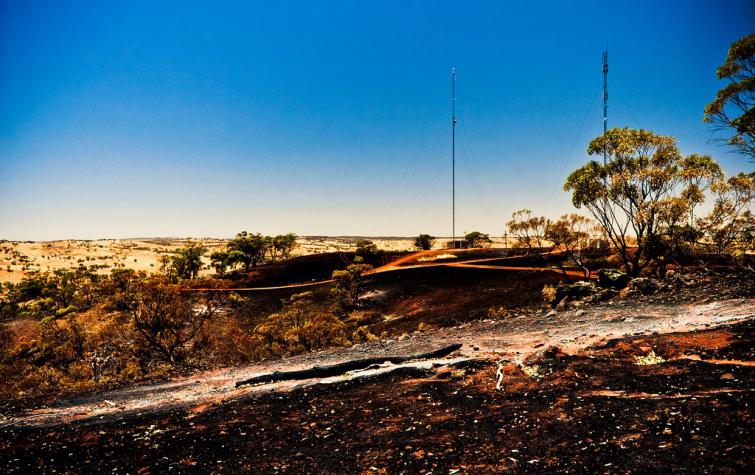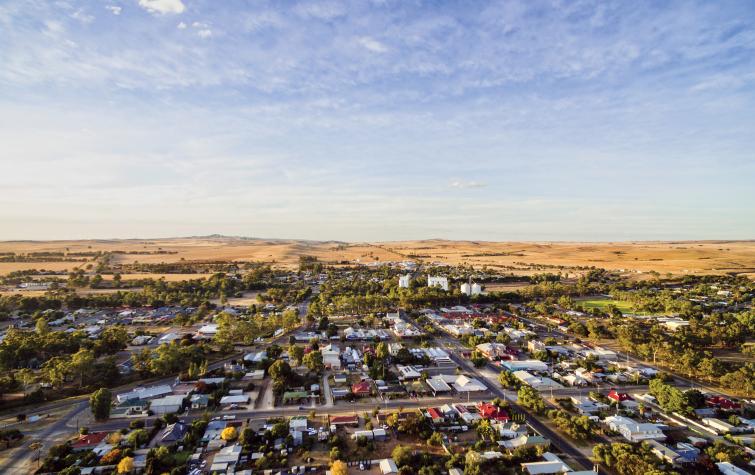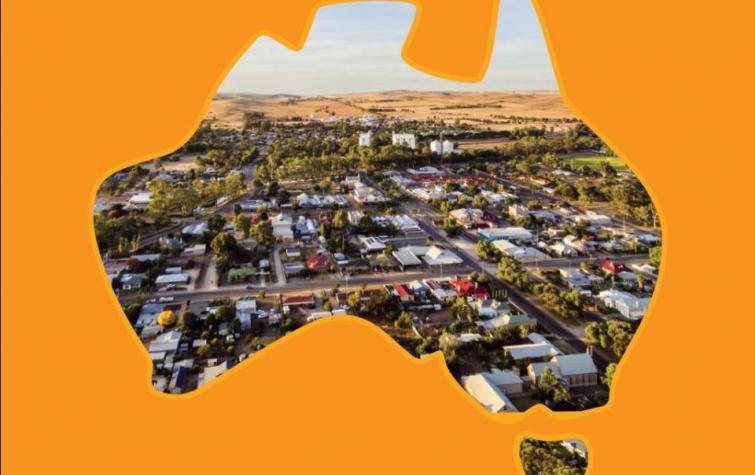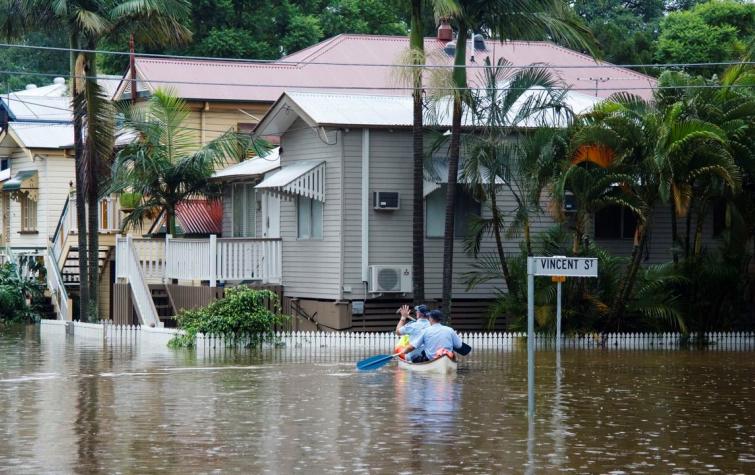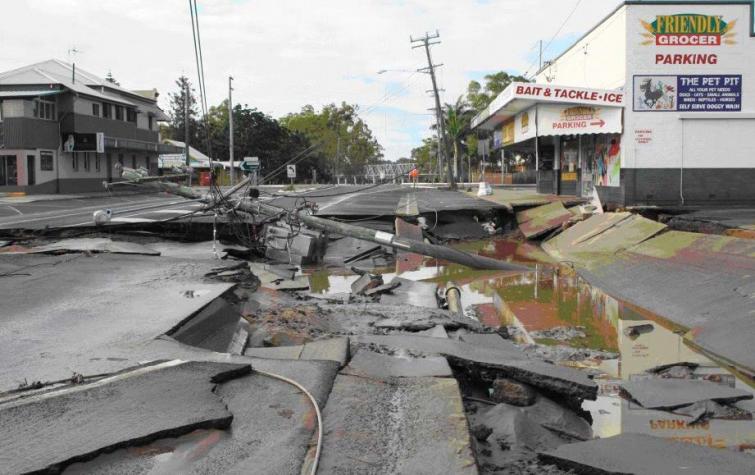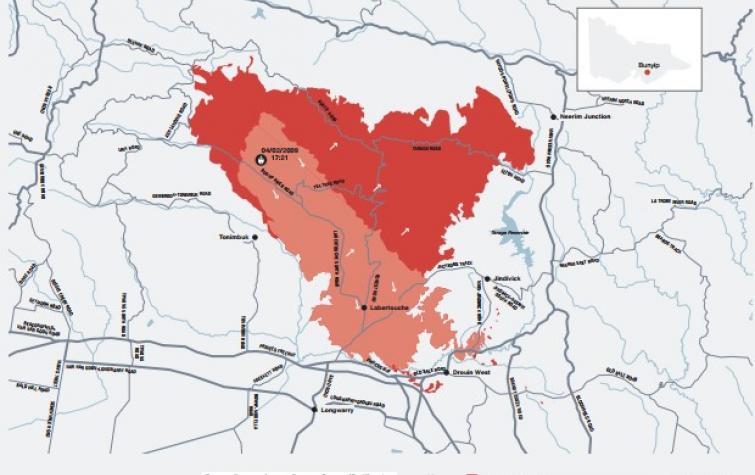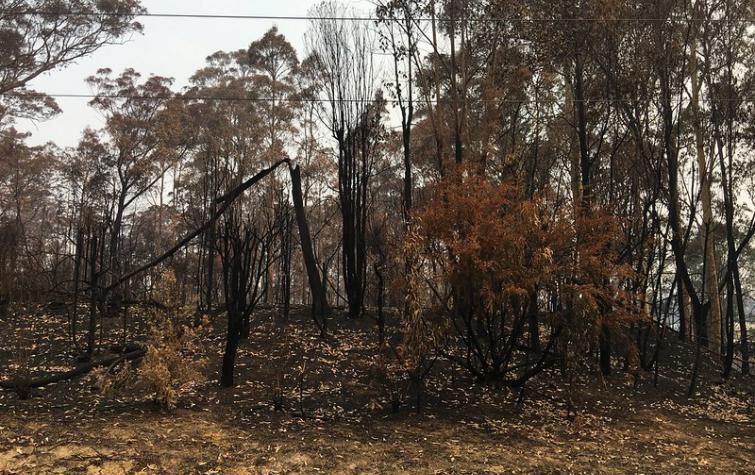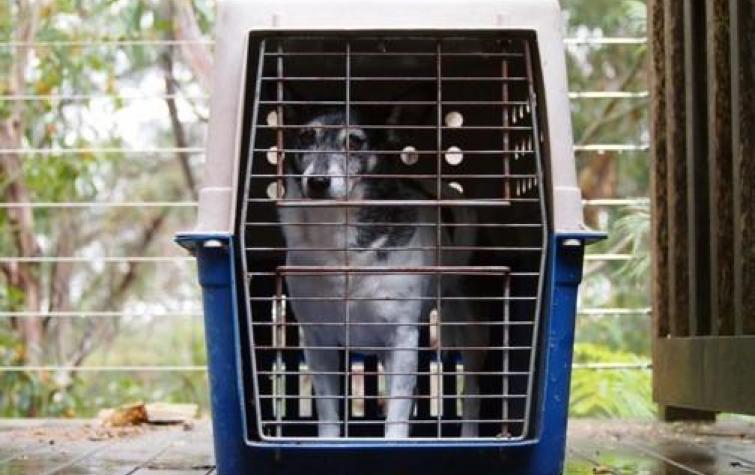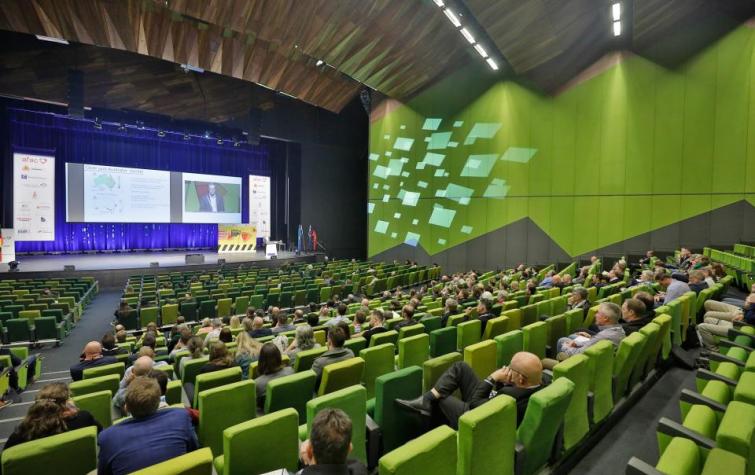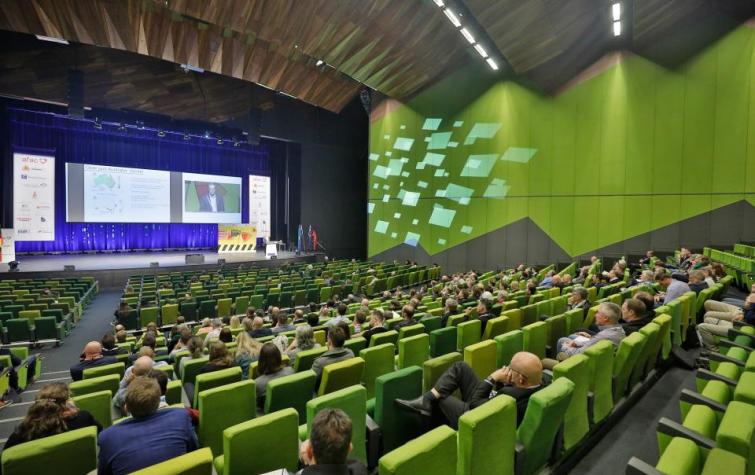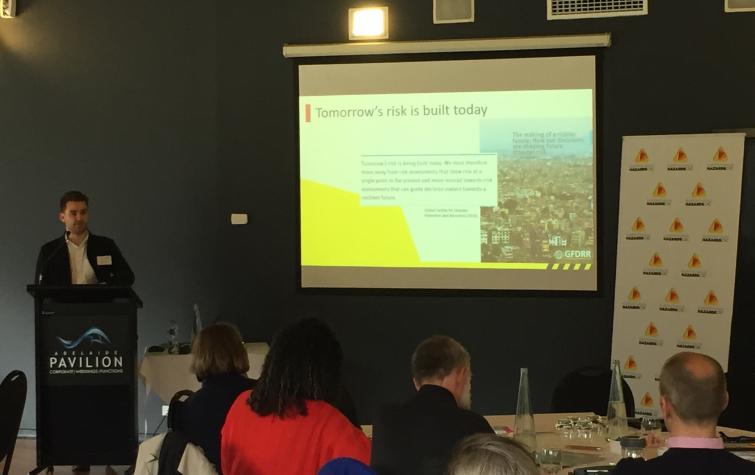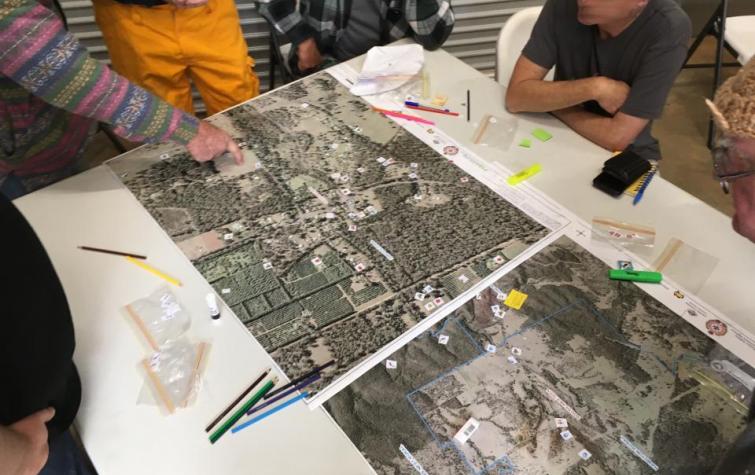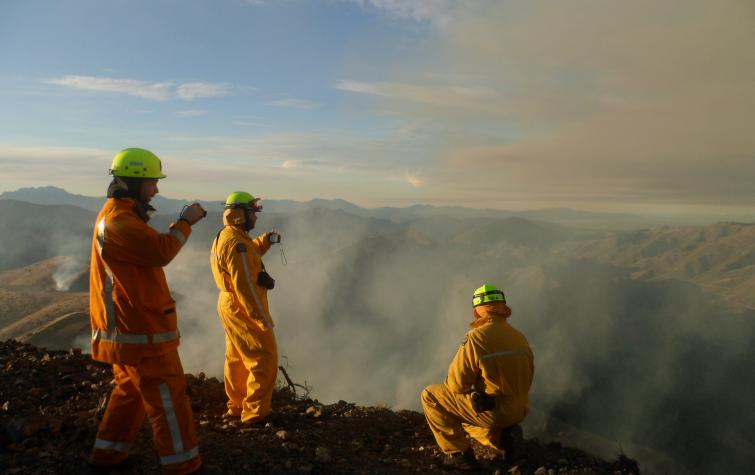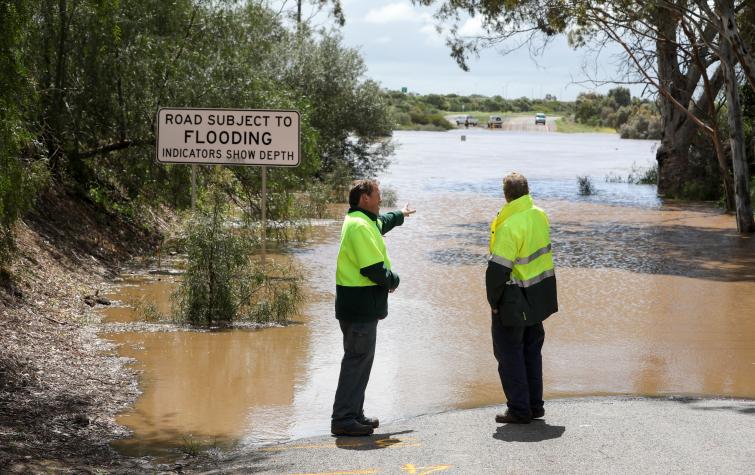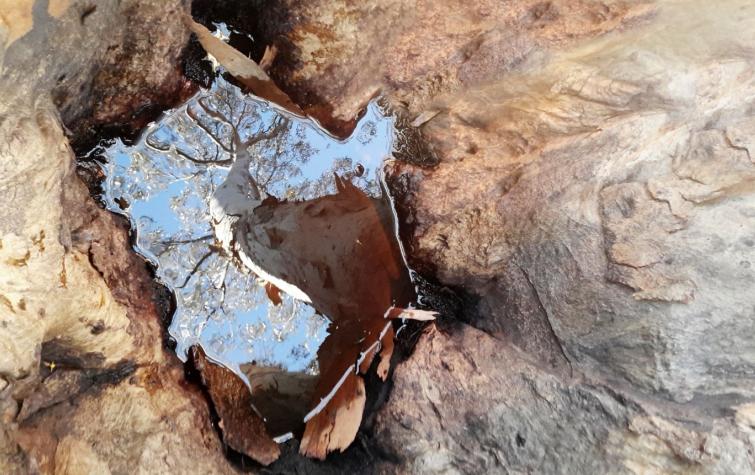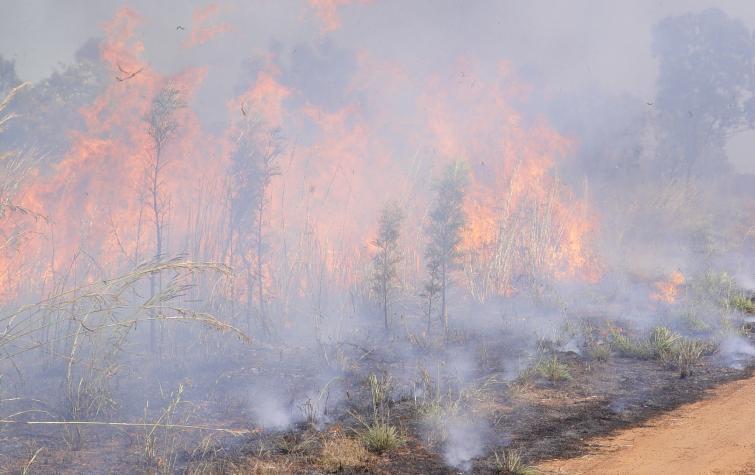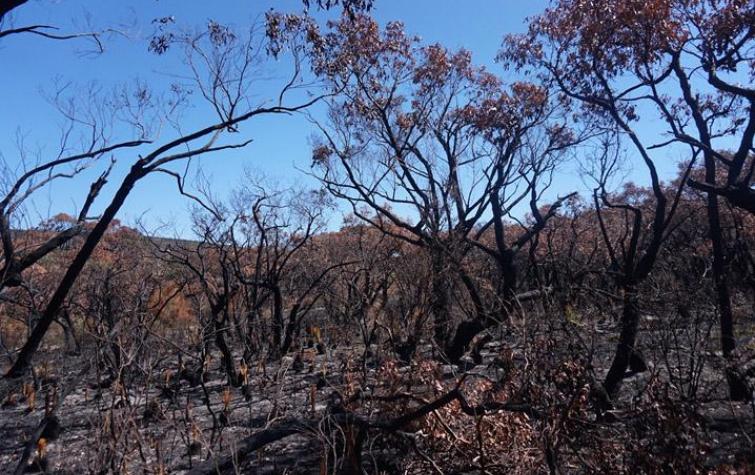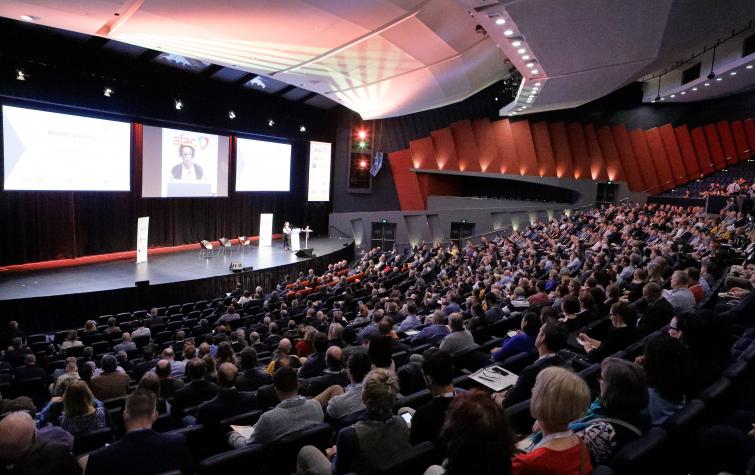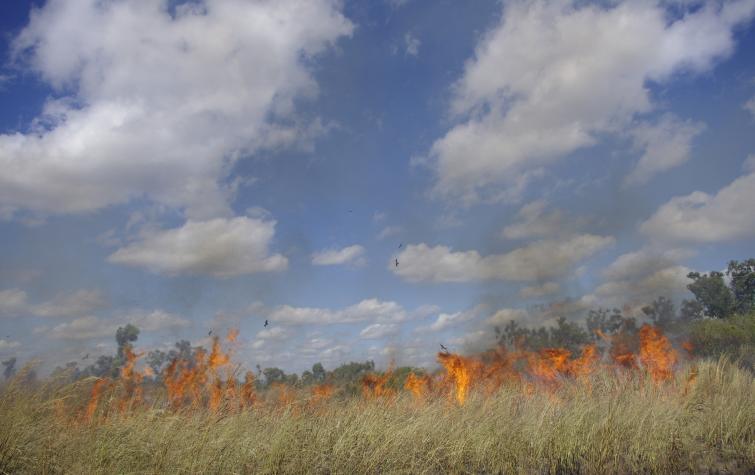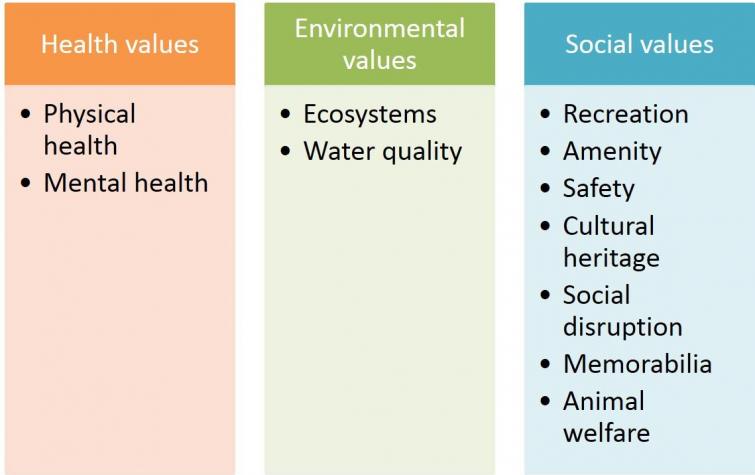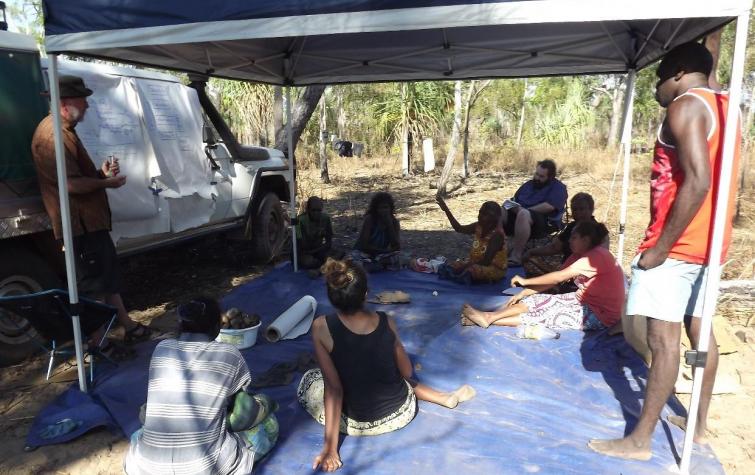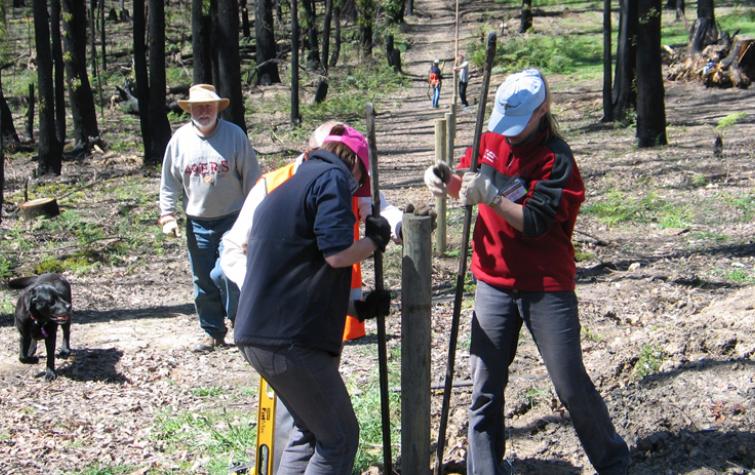
Bushfire and Natural Hazards CRC research has changed the way Australian emergency services, land managers and governments view resilience. The new method is based on the premise that, to reduce both the risk and cost of natural hazards, we need an integrated approach that considers multiple hazards and involves a range of mitigation options at the local, state and national level.
A combination of tools and insights are providing options for these emergency managers to choose the safest and most effective ways to improve the resilience of their communities.
These include:
- the first national index on the capacities for disaster resilience in specific Australian communities
- two hands-on guides for local communities on recovery from disasters, tailored to Australian and New Zealand communities
- an ABC podcast to guide disaster recovery, drawing on CRC research
- a resource that identifies the varied impacts of disasters across different demographics and sectors
- scenario modelling to support decisions on reducing the potential impacts of natural hazards
- a tool for generating estimates of non-financial benefits to justify the use and allocation of resources for hazard mitigation efforts
- a suite of training and other materials that are improving the disaster resilience capacities of individuals and communities across northern Australia.
Online tools
These online tools were developed with CRC research and are designed to be ready for use. The tools here have been curated for this Driving Change theme. See more tools in the other themes.
AFTER THE DISASTER PODCAST
After the Disaster is a podcast series produced by the ABC, supported by the Australian Red Cross and Bushfire Recovery Victoria. Drawing on CRC research, it aims to provide trustworthy information and guidance on how to recovery from a disaster, in a safe and companionable format so that anyone who needs support can access it. There are several episodes, spanning topics such as emotional recovery, managing insurance, helping children recover and how to talk to someone who has survived a disaster.
AUSTRALIAN DISASTER RESILIENCE INDEX
The Australian Disaster Resilience Index is a support tool developed by the Bushfire and Natural Hazards CRC in partnership with the University of New England. The website was developed specifically to help communities, government and emergency services take informed and practical steps to improve the disaster resilience of their local communities before, during and after natural hazards.
The Index is an industry-first assessment of the state of disaster resilience across Australia, and provides a clear pathway to improve decision making about planning, development, policy, engagement and risk assessment.
The Index measures overall disaster resilience, as well as coping capacity and adaptive capacity, of each statistical area (SA2) in Australia. It also proposes five disaster resilience profiles in Australia – nationwide collections of communities that share similar resilience strengths and constraints. This provides users with an opportunity to address the resilience of a specific area, form alliances with organisations in similar areas, and develop targeted improvements for their communities.
DISASTER RECOVERY GUIDE
The Guide to disaster Recovery Capitals was designed to support wellbeing and decision making during emergency recovery. As part of the Bushfire and Natural Hazards CRC’s Recovery Capitals project, the guide is the product of an Australia–Aotearoa New Zealand collaboration between the University of Melbourne, Massey University, Australian Red Cross, other researchers, non-government organisations and emergency management agencies.
There are two versions: one for Australia and one for Aotearoa New Zealand. Both versions identify seven community capitals associated with recovery – natural, social, financial, cultural, political, built and human – and highlight the important interconnectedness between each of them. In this context, a capital is defined as the resources that are used to generate more or new resources for the purpose of sustaining and securing wellbeing.
The guides are practical and can be applied to any type of emergency, large or small. They aim to enhance wellbeing after disasters by supporting evidence-based decision making of individuals, organisations and governments.
Case studies
CRC research is driving change across communities, government and emergency service agencies, as highlighted by the case studies relevant to each Driving Change theme.
Highlights
This collection is a curation of the best and most recent news articles, Hazard Notes, videos, posters, guides, journal articles and reports relevant to this theme.
News
Resources
Publications
Projects
This selection of user-driven projects allows you to explore the detail of the research. These projects, spanning the eight years of the CRC, are especially relevant to this theme, but may appear within other themes as well.

